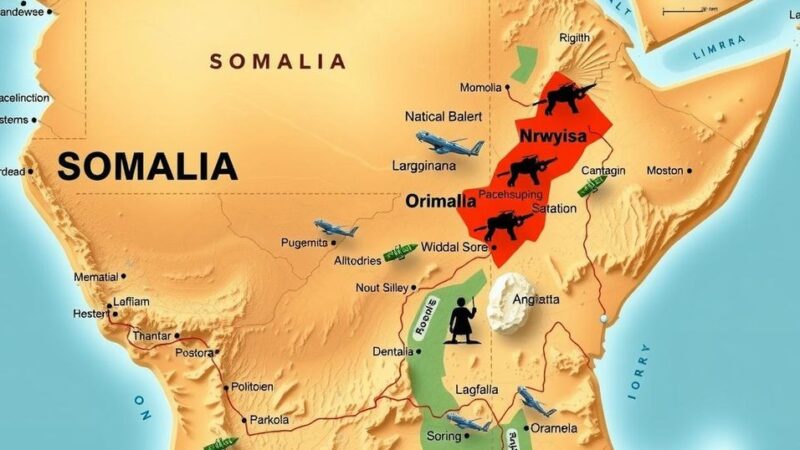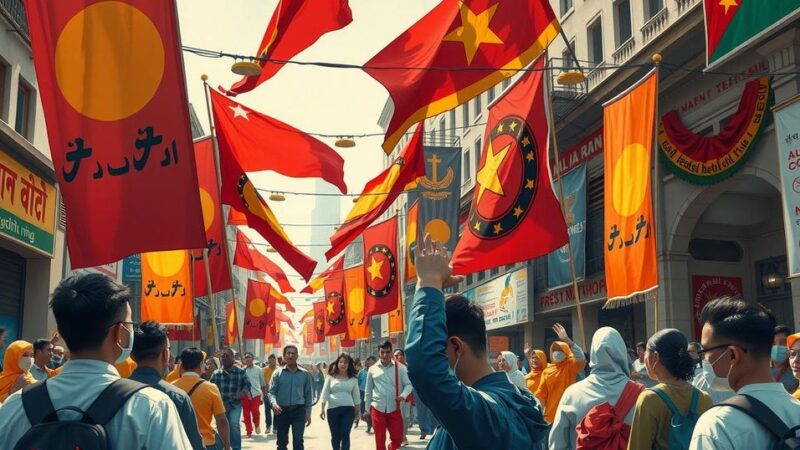Bangladesh’s Interim Government has ruled out a ban on the Awami League but indicated that leaders accused of crimes could face trials. Two election timelines were proposed, with a commitment to hold elections as planned. There are discussions about accountability at the International Criminal Court and efforts to address the Rohingya humanitarian crisis. The government seeks stronger international relations and has initiated dialogue on pressing political issues.
The Interim Government of Bangladesh has confirmed that it will not ban the Awami League party. However, individuals within its leadership accused of serious crimes may face legal proceedings. This was stated by Chief Adviser Professor Muhammad Yunus during a meeting with representatives from the International Crisis Group.
Professor Yunus communicated that two potential timelines for upcoming elections have been established, with a commitment to adhere to these dates. He assured representatives that the election schedule would remain intact, regardless of any demands made by political entities.
In a noteworthy development, the Chief Adviser disclosed that there is the possibility of referring Awami League leaders to the International Criminal Court. This move comes after a UN fact-finding mission reported potential crimes during the recent July uprising. Yunus emphasized the Interim Government’s accountability stance by stating, “It is very much on the table.”
In addition, Yunus reasserted that the elections would not be postponed due to limited reform requests. If only minimal reforms are sought, elections will take place in December; however, a more comprehensive reform agenda may delay the vote until June next year.
The Consensus Building Commission has initiated discussions with various political parties to finalize the July Charter, which will guide future government policies. Furthermore, the arrest of Rohingya insurgent leader Ataullah has been recognized as a positive step towards stability in refugee camps, garnering praise from the International Crisis Group.
Amidst discussions on the Rohingya crisis, Yunus mentioned ongoing efforts to mobilize humanitarian aid and expressed hopes for increased international attention during an upcoming special UN conference. He also acknowledged support from the International Crisis Group against misinformation affecting Bangladesh, particularly from Indian media.
In closing, Professor Yunus reiterated Bangladesh’s ambition for strong diplomatic ties with India, while highlighting the challenges posed by disinformation originating from Indian sources.
The Interim Government of Bangladesh remains committed to holding elections as scheduled, with potential considerations for legal actions against specific Awami League leaders. The government emphasizes the need for accountability while also addressing humanitarian concerns regarding the Rohingya crisis. Furthermore, initiatives aimed at fostering political consensus and combating misinformation are underway, reflecting the administration’s dedication to stability and international partnerships.
Original Source: www.business-standard.com






